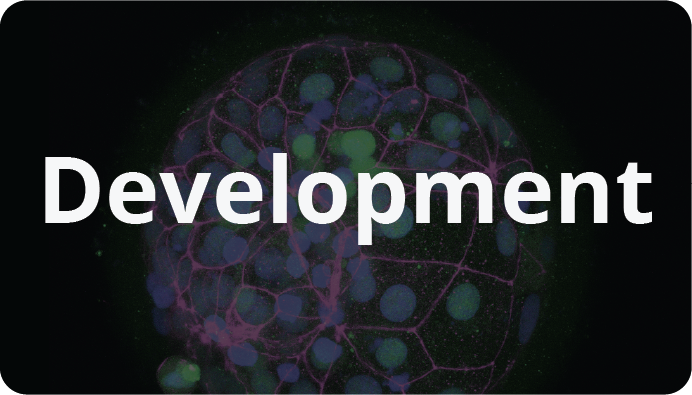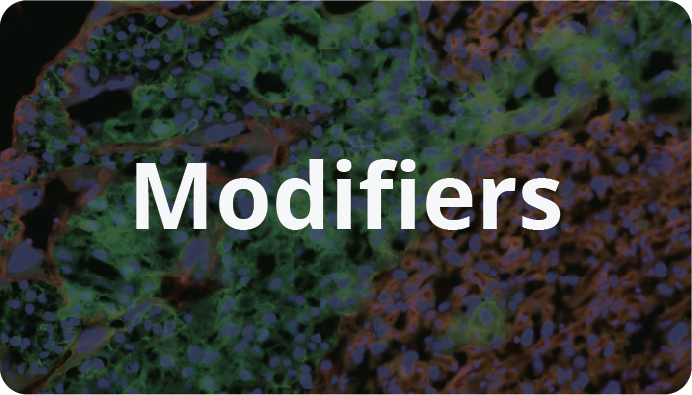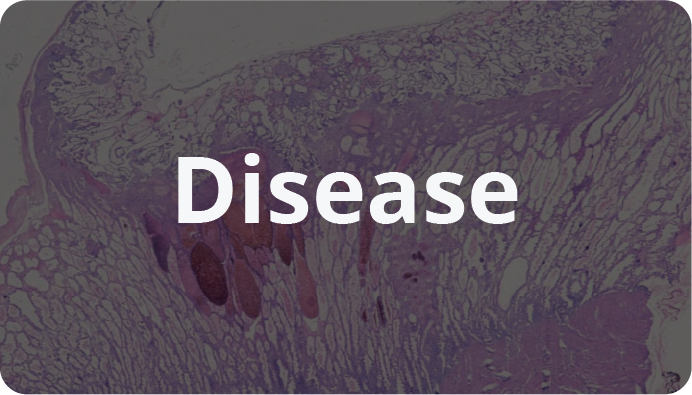Our objectives
Pregnancy and childbirth remain major causes of female mortality, and worldwide over half a million women die each year as a direct consequence. The majority of these deaths occur in low- and middle-income countries through complications such as obstructed labour, infection and haemorrhage, and should be preventable by improved obstetric care. However, there remains a spectrum of disorders for which the ultimate cause is poor placental development. The spectrum ranges in severity from miscarriage, which affects 10-12% of all UK pregnancies, through stillbirth (approximately 4,000 per annum) to pre-eclampsia, growth restriction, and pre-term birth. Until we understand the pathophysiology underlying these disorders we will not be able to offer effective interventions.
In addition, it is now widely acknowledged through the work of the late David Barker and others that the intrauterine environment plays a critical role in determining the risk of cardiovascular, metabolic and many other diseases in later life. There is thus an urgent and persuasive need for more research into the development and function of the placenta.
Our scientific approach
Placental biology spans a broad range of disciplines, but all involve an understanding of the trophoblast cell lineage, a unique mammalian cell type that interfaces with the maternal tissues. As the name indicates (trophos Gr. nourishment), trophoblast evolved with the principal role of supplying nutrients to support growth of the fetus. Trophoblast is the first cell lineage to differentiate, and its sub-populations play key roles in placental development and function. In the human this is complicated by the fact that the trophoblast is highly invasive, eroding into the maternal arteries in order to secure a blood supply to the placenta. This process poses immunological challenges, as the genome of the placental cells contains both maternal and paternal contributions. Many common complications of pregnancy are rooted in defects in trophoblast invasion during early pregnancy, and the ensuing compromise in maternal blood flow to the placenta. The organ fulfills a variety of vital roles, and impairment of any one of these may impact adversely on fetal development. Consequently we take a uniquely integrated and cross-disciplinary approach.
Grand Challenges
Within this context, in 2022 we identified three research themes of fundamental importance to maternal-fetal health that define the remit of the Centre:
Role of the placenta and related cell types in development
Understanding mechanisms regulating trophoblast specification, differentiation and crosstalk with related cell types. An emphasis on a critical “black box” period of development during the first and second trimesters.
Extrinsic and intrinsic factors that influence placental development and function
Investigating emerging pathogens, environmental cues, maternal physiological and psychological factors, microbiome, genetic variation and ancestry as modifiers of placental development and function.
Role of abnormal placental development and function in determining pregnancy outcomes and lifelong health
Translating the knowledge gained from basic science research into novel predictive, preventative, and therapeutic interventions.




